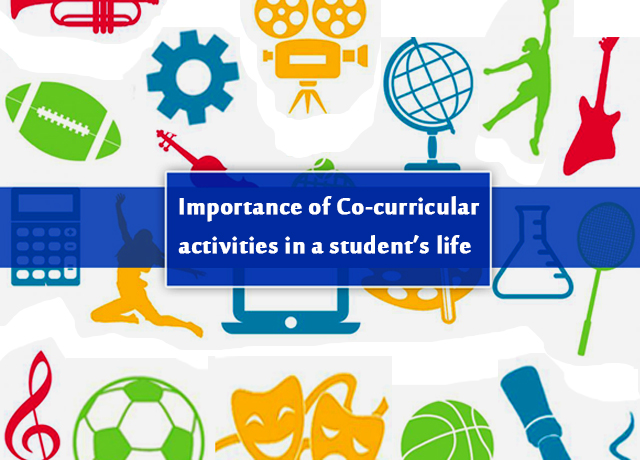Our student body is divided amongst Pre-Primary school, Primary school and Middle school students Pre-Nursery to Grade X.

- Home
- About Us
- Academic Life
- Facilities
- Admission
- Pastoral Care
- Co-Curricular
- Gallery
- New Updates
- Contact
Welcome to Prime
Scholars International SchoolSCHOOL TIMINGS
- Playgroup to Kindergarten 08:30am - 12:30pm
- Grade I to XI 08:30am - 02:40pm
SCHEDULED VISITING HOURS
- Office Hours 08:30am - 03:30pm
- Meeting Hours 09:00am - 10:00am
- Meeting Hours 02:00pm - 03:00pm




